In this episode of Legally Consumed, our hosts were joined by Liam Creedon, Chief Financial Officer at Mansfields, one of Australia’s leading contract food manufacturers. Mansfields has been producing dry food products for more than 50 years, working behind the scenes with some of the country’s best-known brands and supermarkets.
Liam unpacks what contract food manufacturing really involves, why certifications like kosher, halal and vegan are far more complex than the logos on a packet suggest, and how sustainability and packaging pressures are reshaping the way food is made. The conversation offers a rare look inside a family-owned business that plays a quiet but essential role in keeping supermarket shelves stocked.
How contract food manufacturing works
Most people have never heard of Mansfields, yet they have almost certainly eaten something that passed through its factories. Mansfields does not sell its own products. Instead, it manufactures dry foods such as soups, gravies, cereals, protein powders and drinking chocolate for a wide range of companies, from multinational household-name brands to supermarket private labels
Say a brand has a product idea but does not want to or cannot manufacture it themselves. Perhaps the recipe contains allergens they do not want in their own facility, or the production run is too small to justify buying new equipment. Sometimes they come with a concept or even a product they have seen overseas and ask Mansfields to create an Australian version. The team can test, refine and package it into a finished product that is ready for the shelf. Whether a client brings in their own ingredients or needs a full-service solution, Mansfields provides the flexibility and know-how that keeps supermarket shelves stocked.
The hidden work behind a logo
When you see a logo like halal, kosher, organic or gluten-free on a packet, it looks straightforward. But as Liam explains, getting that mark onto a product is a complex and ongoing process. At Mansfields, quality assurance starts with an approved supplier program and strict controls for every ingredient. From there, Liam shares that the factories go through a steady rhythm of audits, ranging from general food safety certifications to inspections carried out by supermarkets and multinationals, as well as specialist audits required for particular claims.
Each certification brings its own requirements. Liam mentions that a gluten-free label, for example, means production lines must be fully cleared before manufacturing can begin. Products are then tested for allergens, run through microbiological checks and even cooked up in a test kitchen to make sure they taste and perform as expected. He notes that this level of rigour applies across the board, whether it is soups, powders or protein shakes. What looks like a small logo to shoppers actually represents considerable behind-the-scenes compliance work to make sure the food is safe, consistent and true to its label.
Sustainability and packaging pressures
Packaging has become one of the most topical issues in food manufacturing, with new rules and consumer expectations driving rapid change. Under the Australian Packaging Covenant and supermarket requirements, brands are expected to shift towards recyclable, compostable and lower-impact formats. Liam explains that for manufacturers, this can mean re-engineering entire lines, such as moving from metalised packaging to paper alternatives.
The details are often the hardest part. New materials can be costly, compromise shelf life or fail to run smoothly on machinery, slowing production and increasing expense. Liam notes that despite these hurdles, clients increasingly expect every component of packaging to carry a recycling logo rather than a bin symbol. Sustainability is now shaping decisions at every level of production, even if the practical solutions remain complex.
Tune in
To hear more from Liam Creedon, tune into our podcast, Legally Consumed, where we explore the consumer products space. Keep up to date with new podcast episodes by following us on Apple Podcasts, YouTube Music or Spotify.
LinkedIn: https://www.linkedin.com/company/cie-legal/
Email: info@cielegal.com.au




